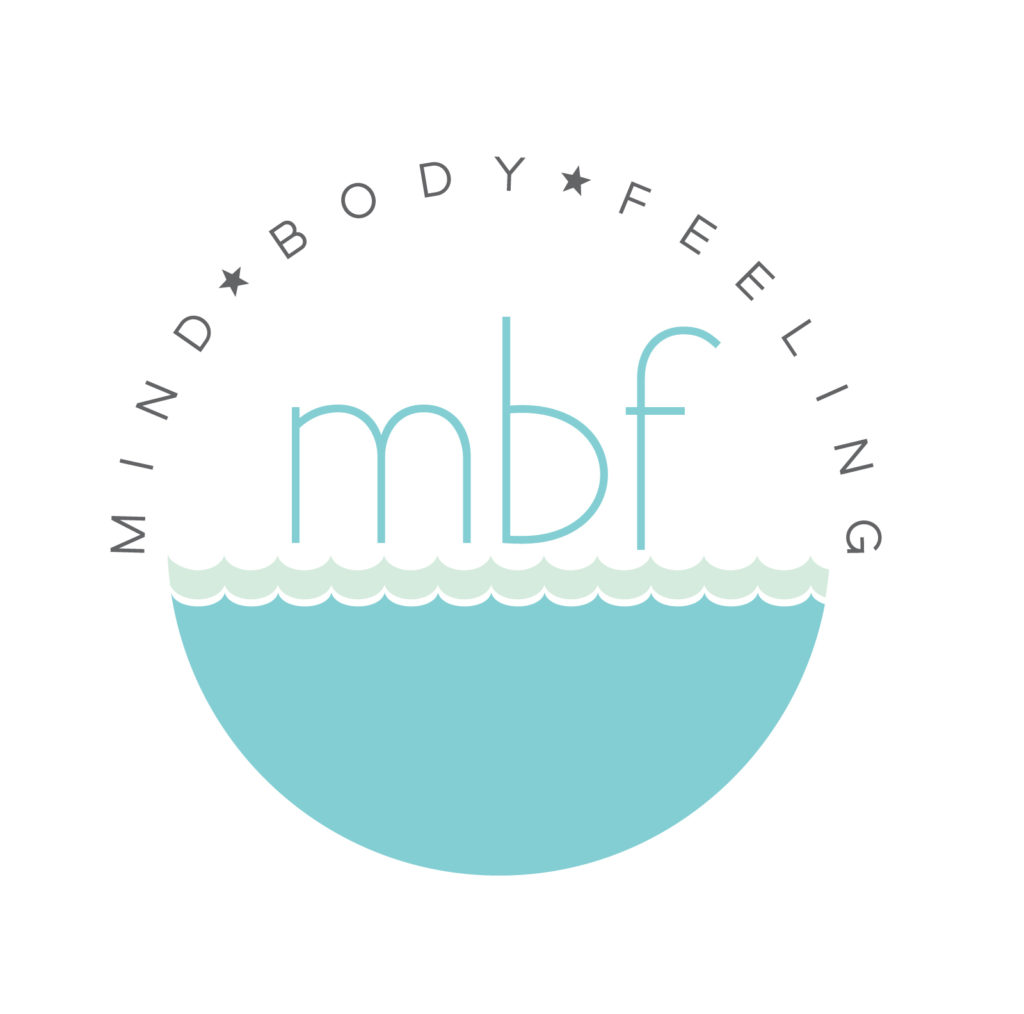
About Jane
My interest in mindfulness began around 10 years ago when I started to gain insight in to my own stress and how it was affecting me in all aspects of my life; my relationships with others, my work and my confidence.
In 2008 I was recommended a book on meditation. however it was several years before I plucked up the courage to attend an introduction to Buddhism and Mindfulness course and to start to really integrate mindfulness practice into my everyday life.
I later discovered Breathworks, an organisation who have a focus on bringing Mindfulness to those living with chronic pain, illness and stress. In 2015 I attended their Mindfulness for Health Professional’s courses as a way to help me integrate my practice with my work as a nurse working with parents and children with disability..
I was so inspired by the first course I decided to undertake their teacher training programme. I am now an accredited Breathworks teacher and qualified to deliver courses on their behalf.
I have also undertaken training by Prof. Susan Bogels to deliver her eight- week Mindful Parenting programme which was developed in Amsterdam. I have delivered it in a number of settings in Sheffield including NHS Child and Adolescent Mental Health services.
I have also delivered sessions to local support groups, the retail sector including John Lewis and to Corporate organisations.
I am passionate that Mindfulness can make a difference to people’s life as it has to mine and continue to develop MindBodyFeeling in the hope of bringing mindfulness to as many people as I can in an accessible and affordable way.
About Mindfulness
(taken from Franticworld.com)
Mindfulness is a very simple form of meditation that was little known in the West until recently. A typical meditation consists of focusing your full attention on your breath as it flows in and out of your body. Focusing on each breath in this way allows you to observe your thoughts as they arise in your mind and, little by little, to let go of struggling with them. You come to realise that thoughts come and go of their own accord; that you are not your thoughts. You can watch as they appear in your mind, seemingly from thin air, and watch again as they disappear, like a soap bubble bursting. You come to the profound understanding that thoughts and feelings (including negative ones) are transient. They come and they go, and ultimately, you have a choice about whether to act on them or not.
Mindfulness is about observation without criticism; being compassionate with yourself. When unhappiness or stress hover overhead, rather than taking it all personally, you learn to treat them as if they were black clouds in the sky, and to observe them with friendly curiosity as they drift past. In essence, mindfulness allows you to catch negative thought patterns before they tip you into a downward spiral. It begins the process of putting you back in control of your life.
Over time, mindfulness brings about long-term changes in mood and levels of happiness and wellbeing. Scientific studies have shown that mindfulness not only prevents depression, but that it also positively affects the brain patterns underlying day-to-day anxiety, stress, depression and irritability so that when they arise, they dissolve away again more easily. Other studies have shown that regular meditators see their doctors less often and spend fewer days in hospital. Memory improves, creativity increases and reaction times become faster
